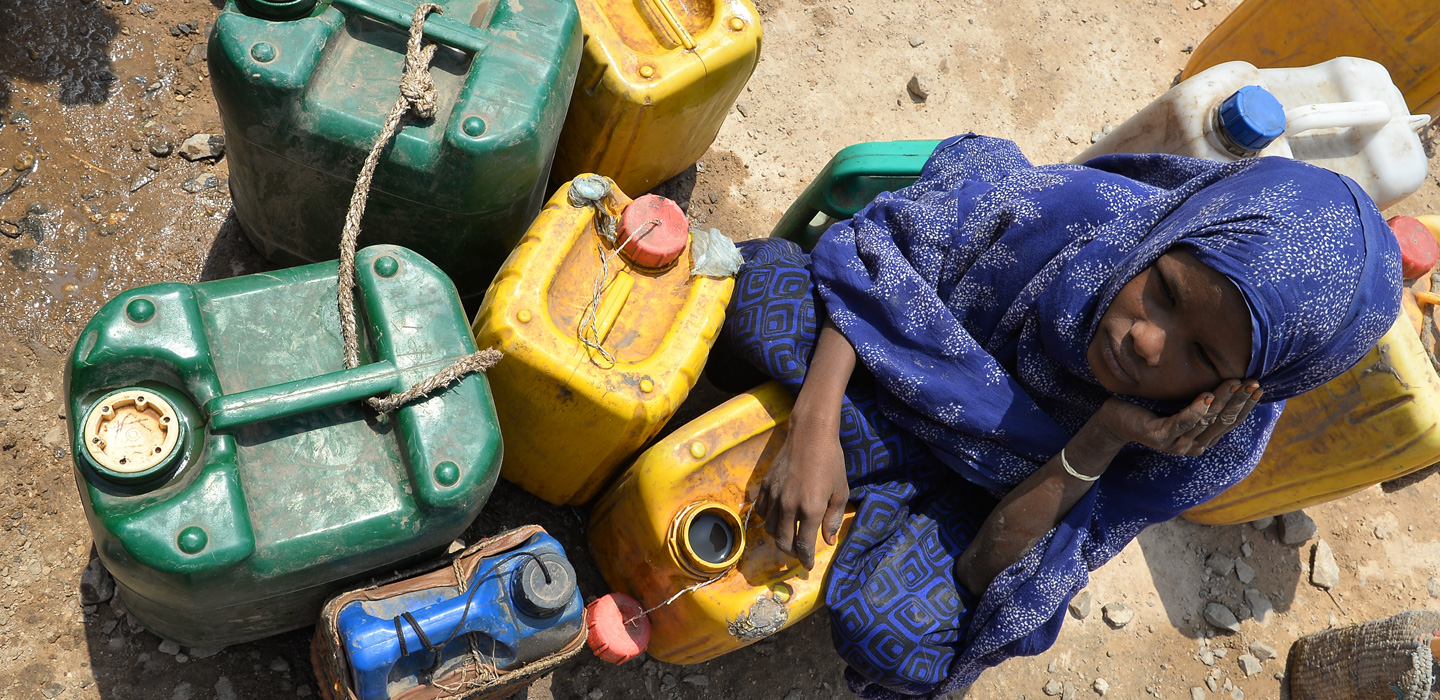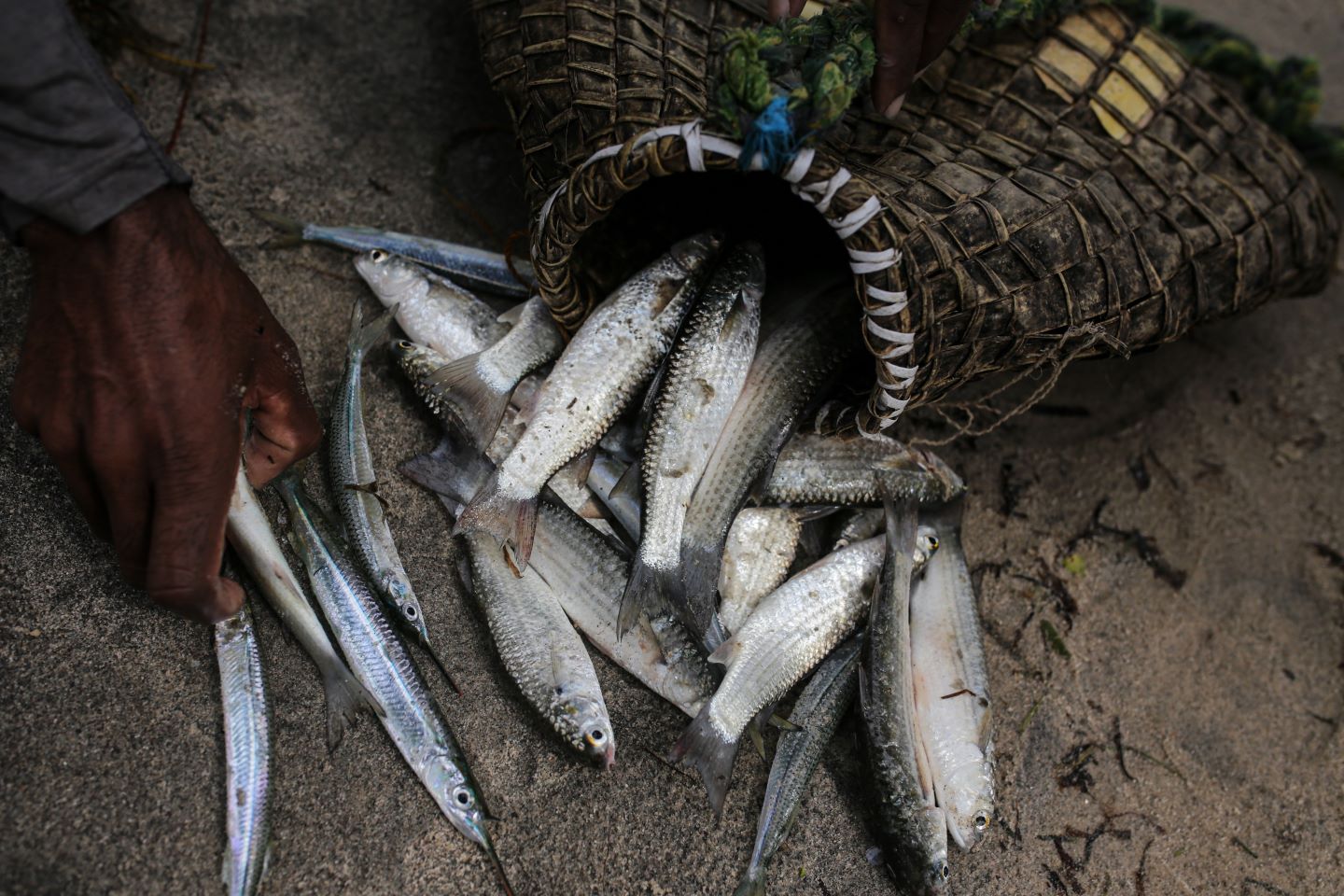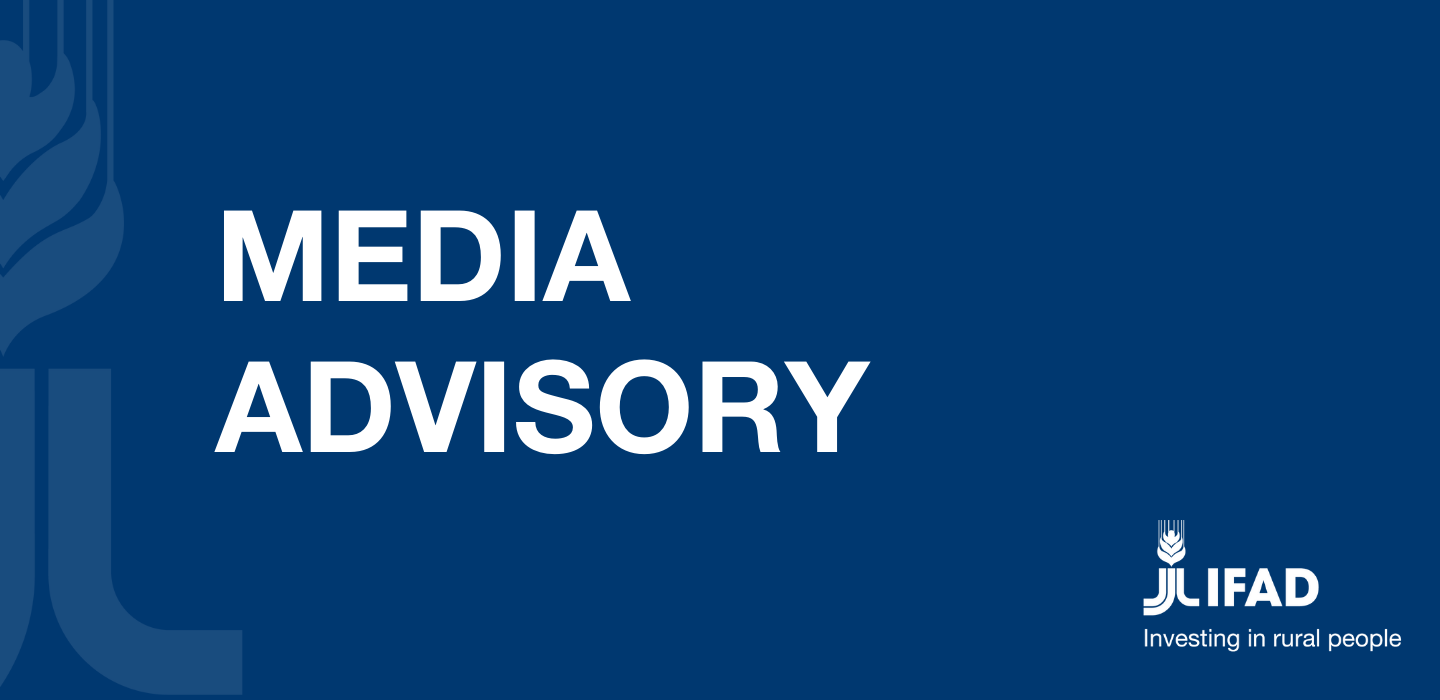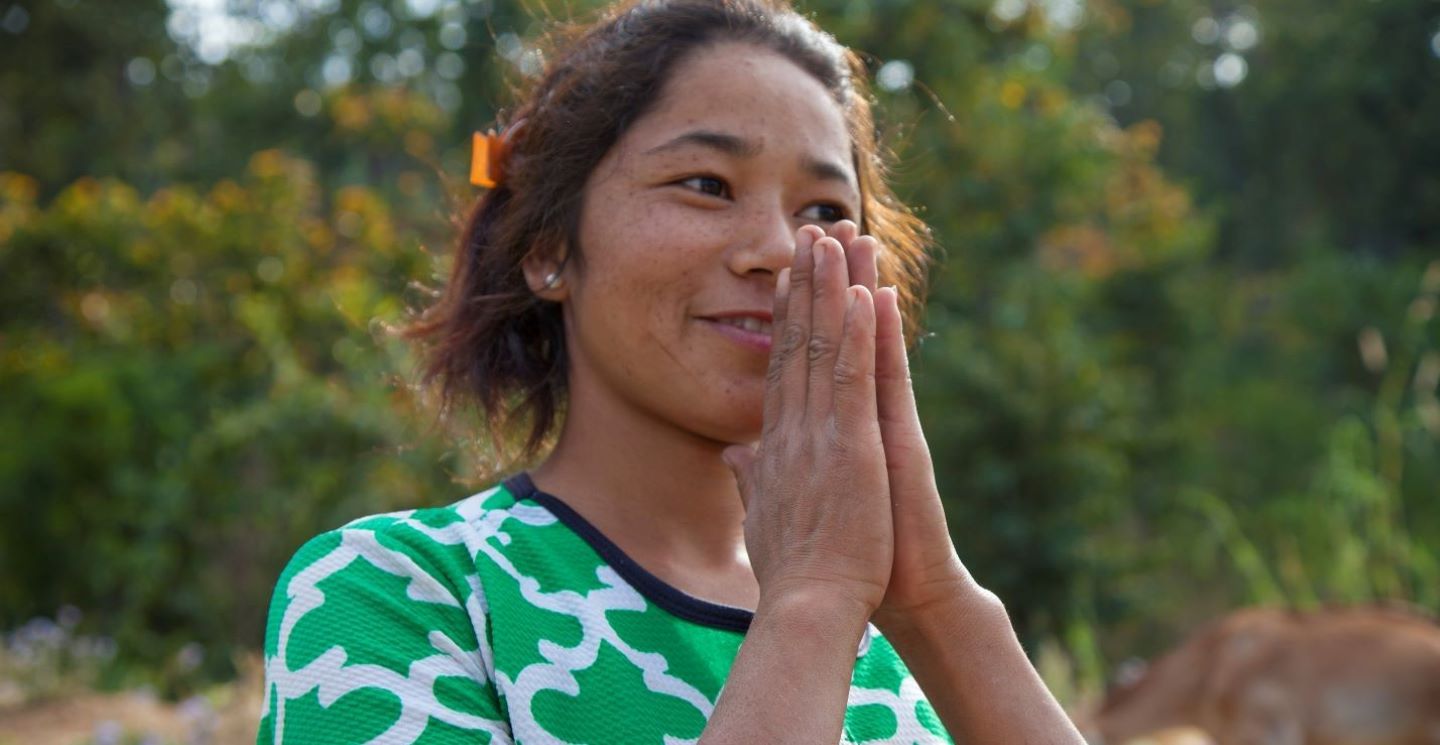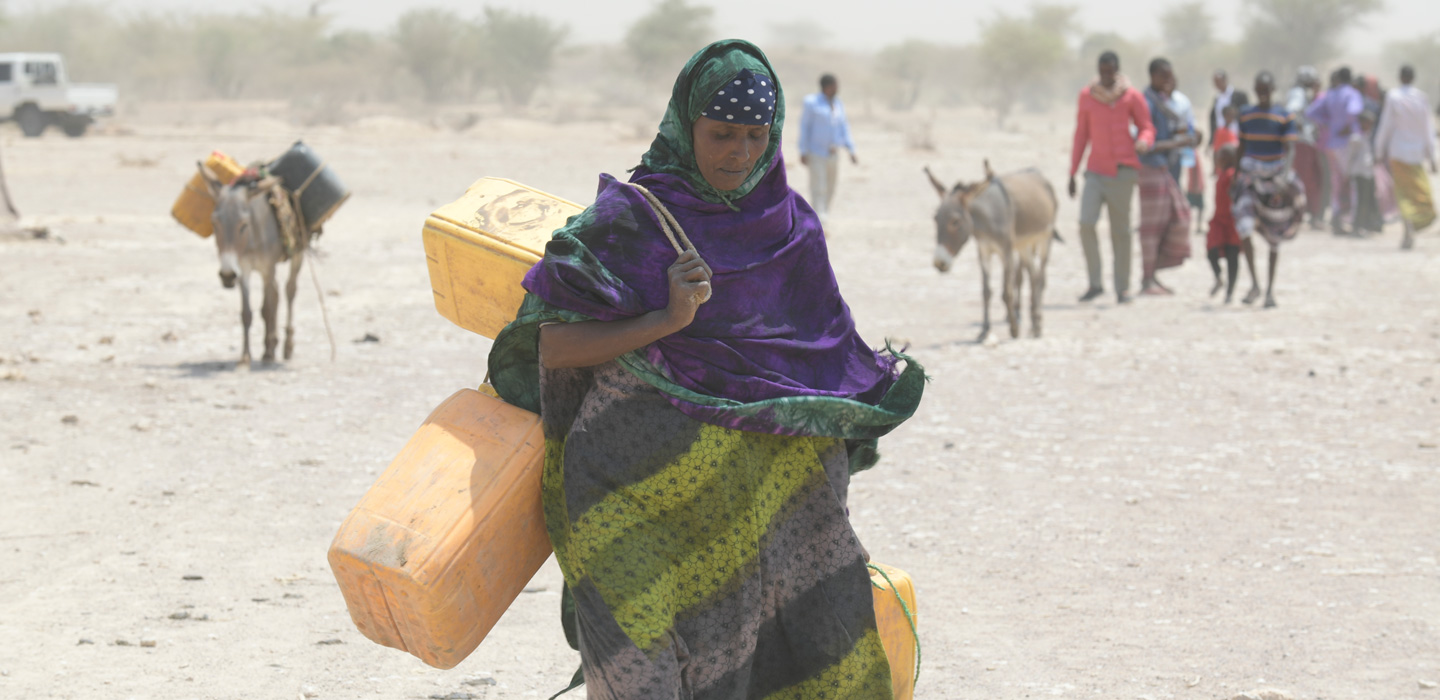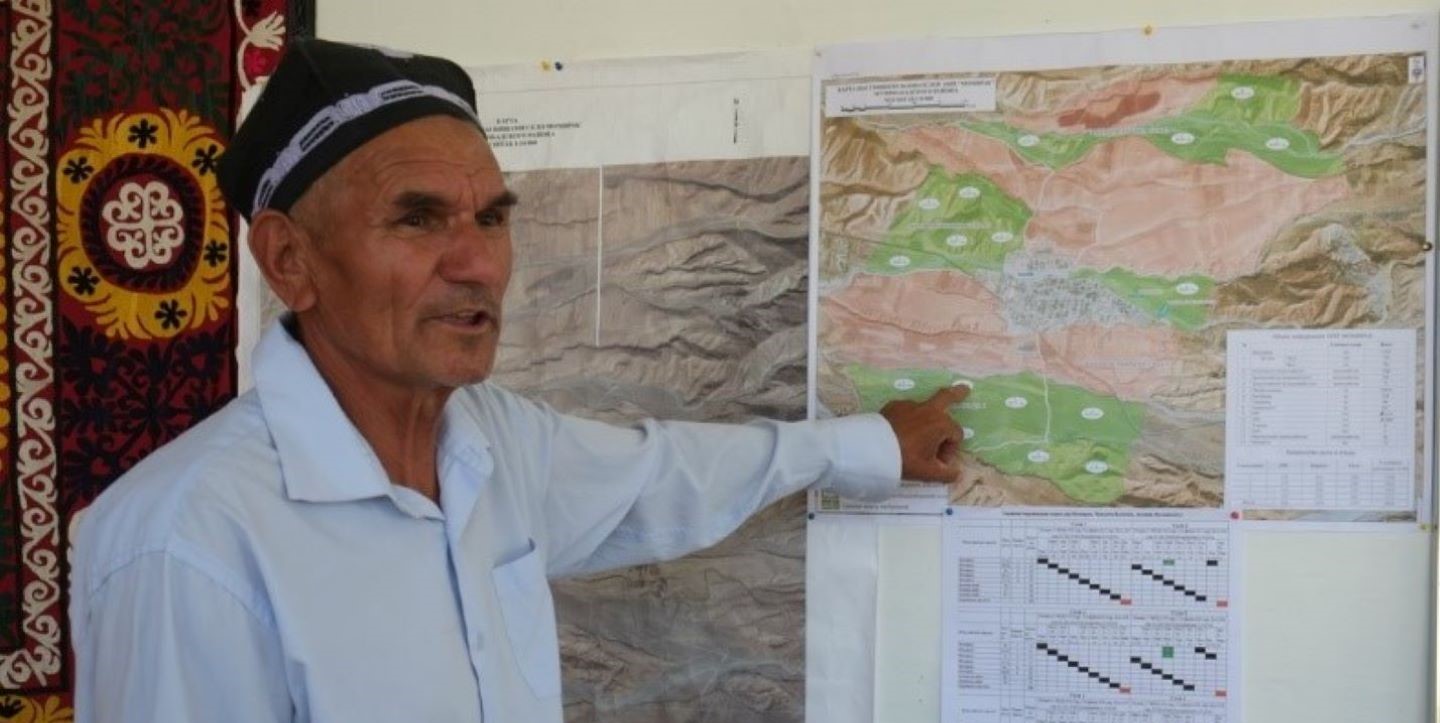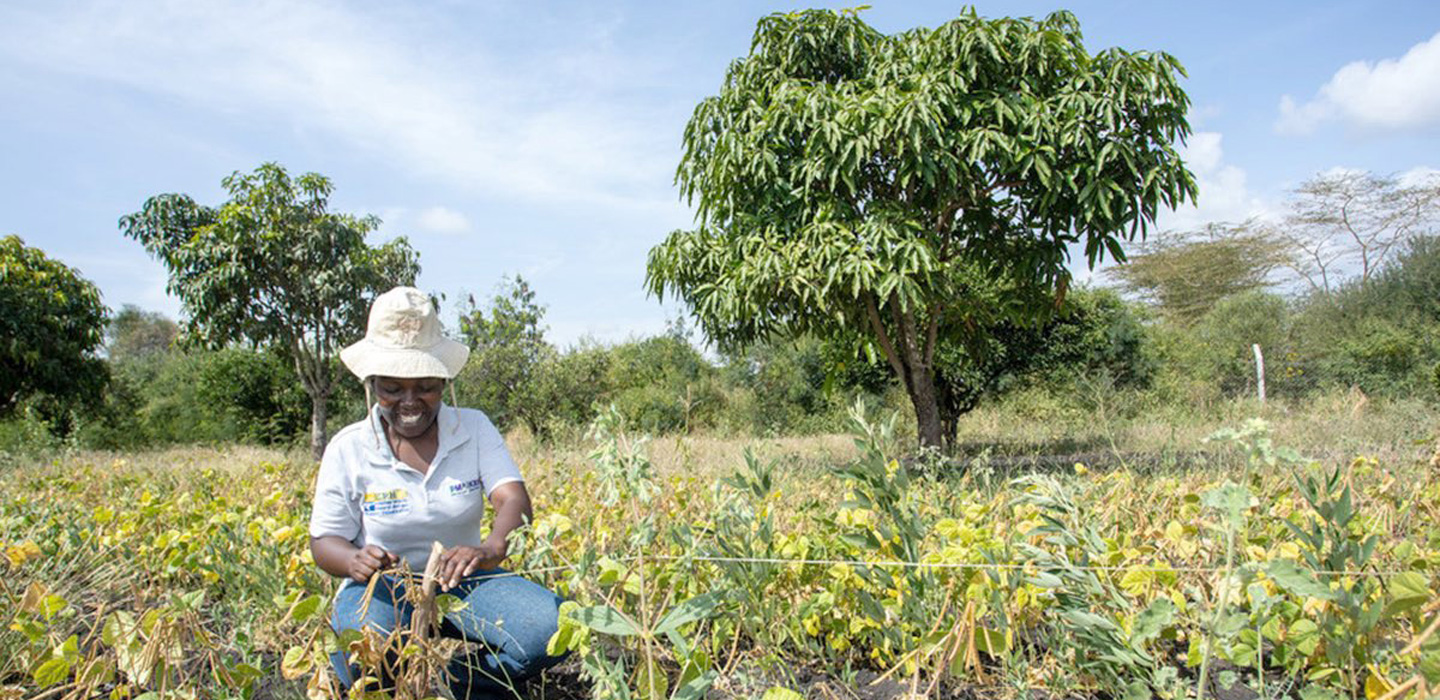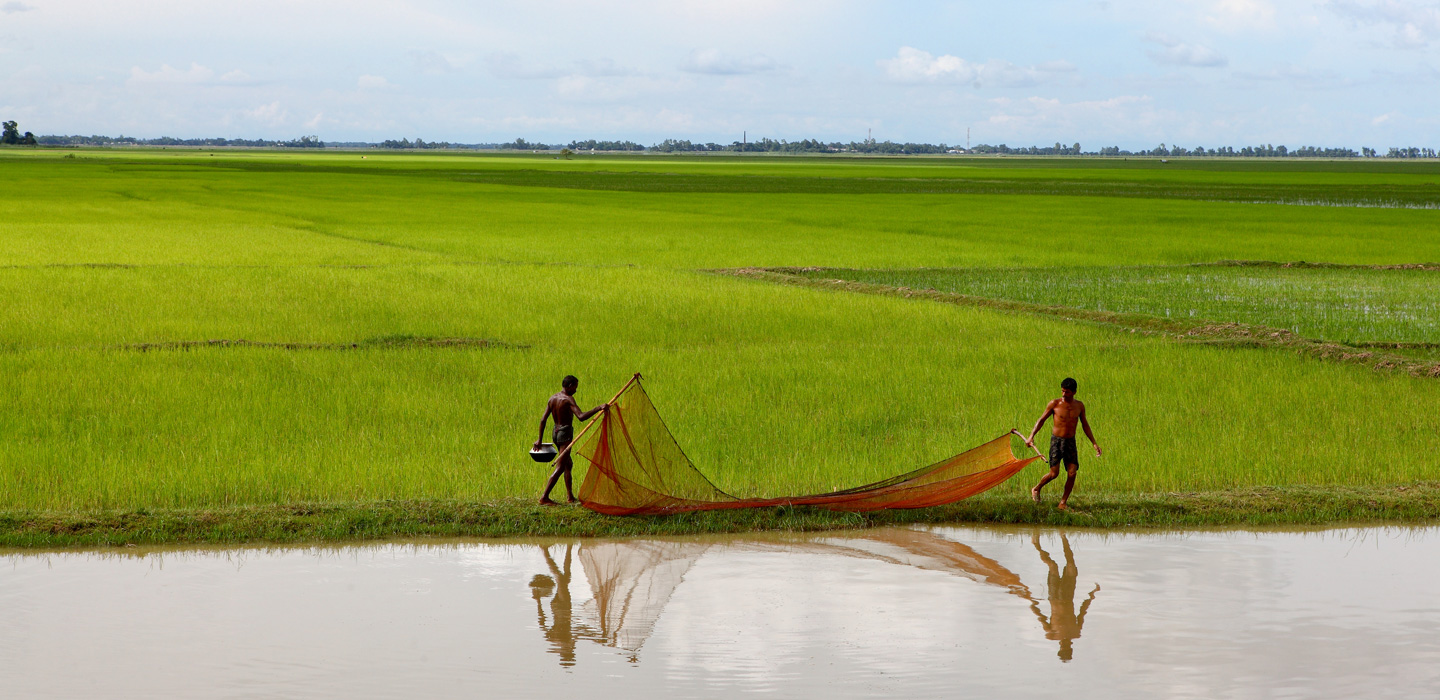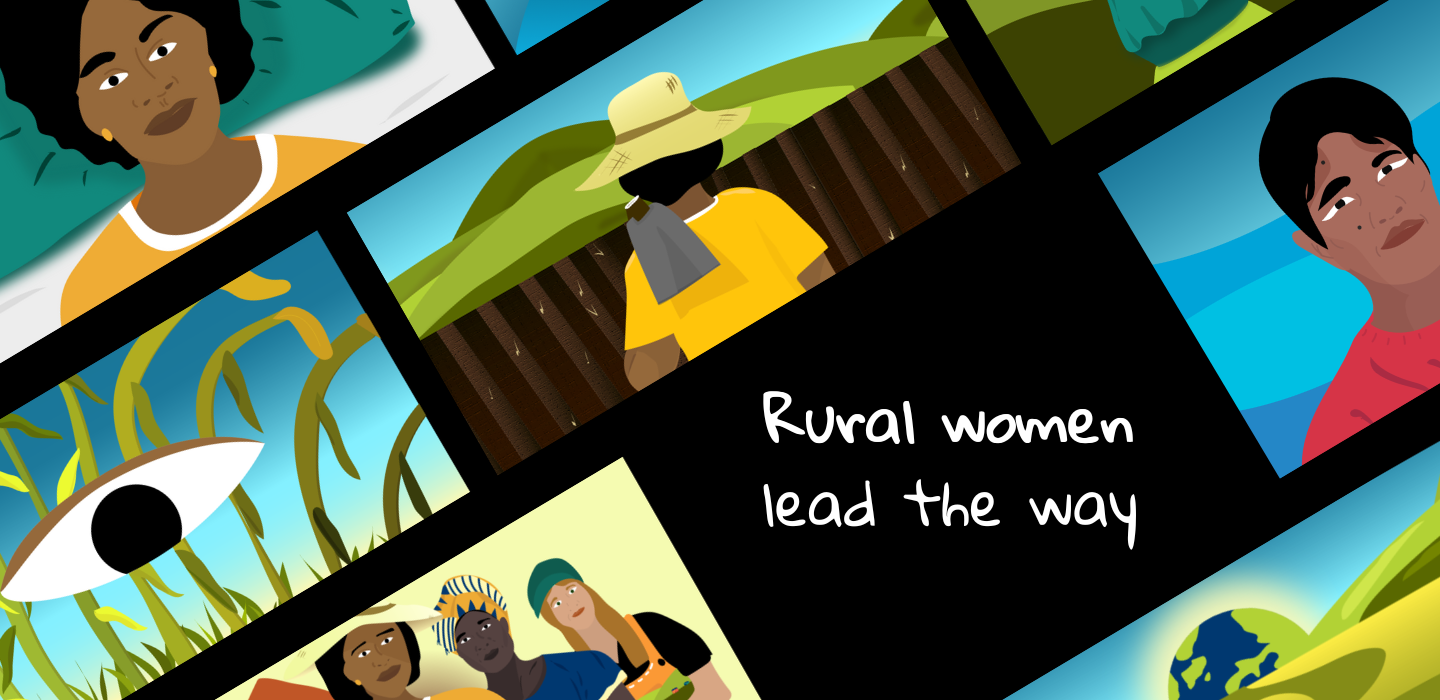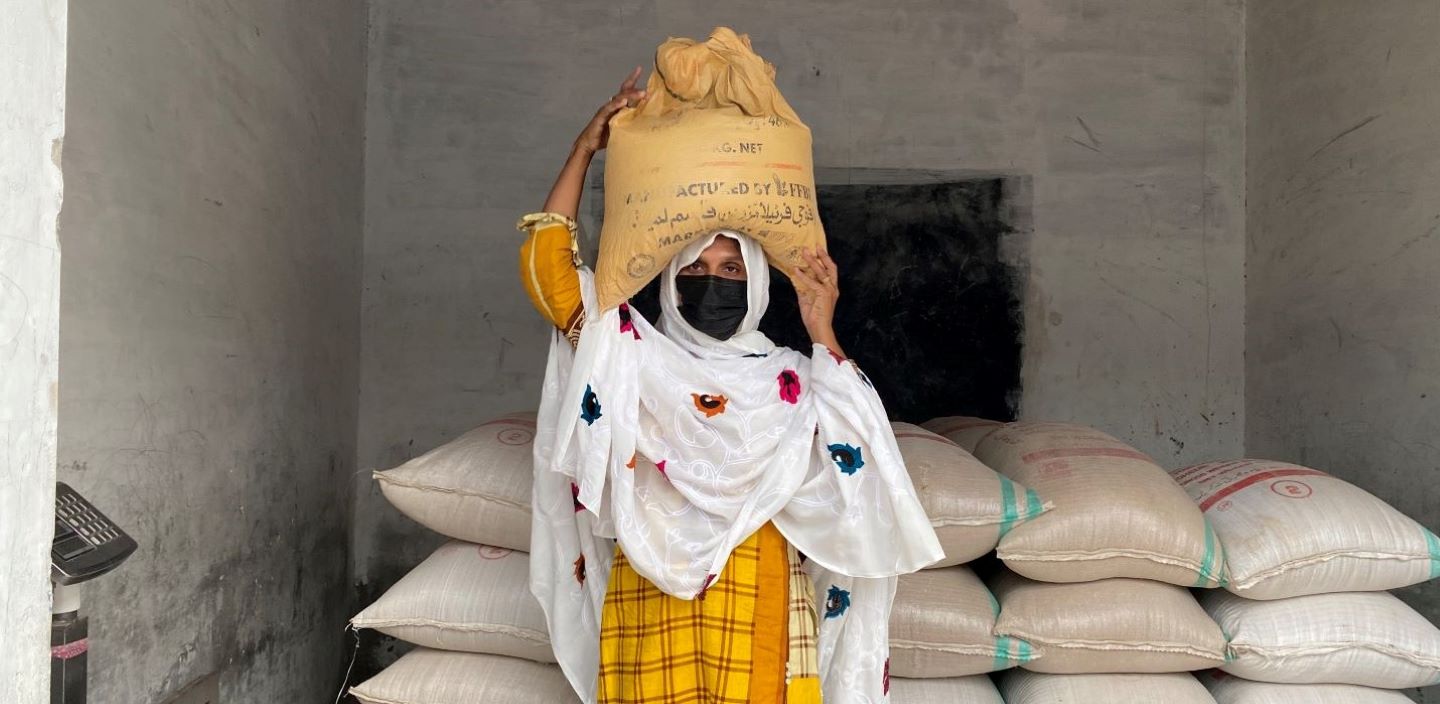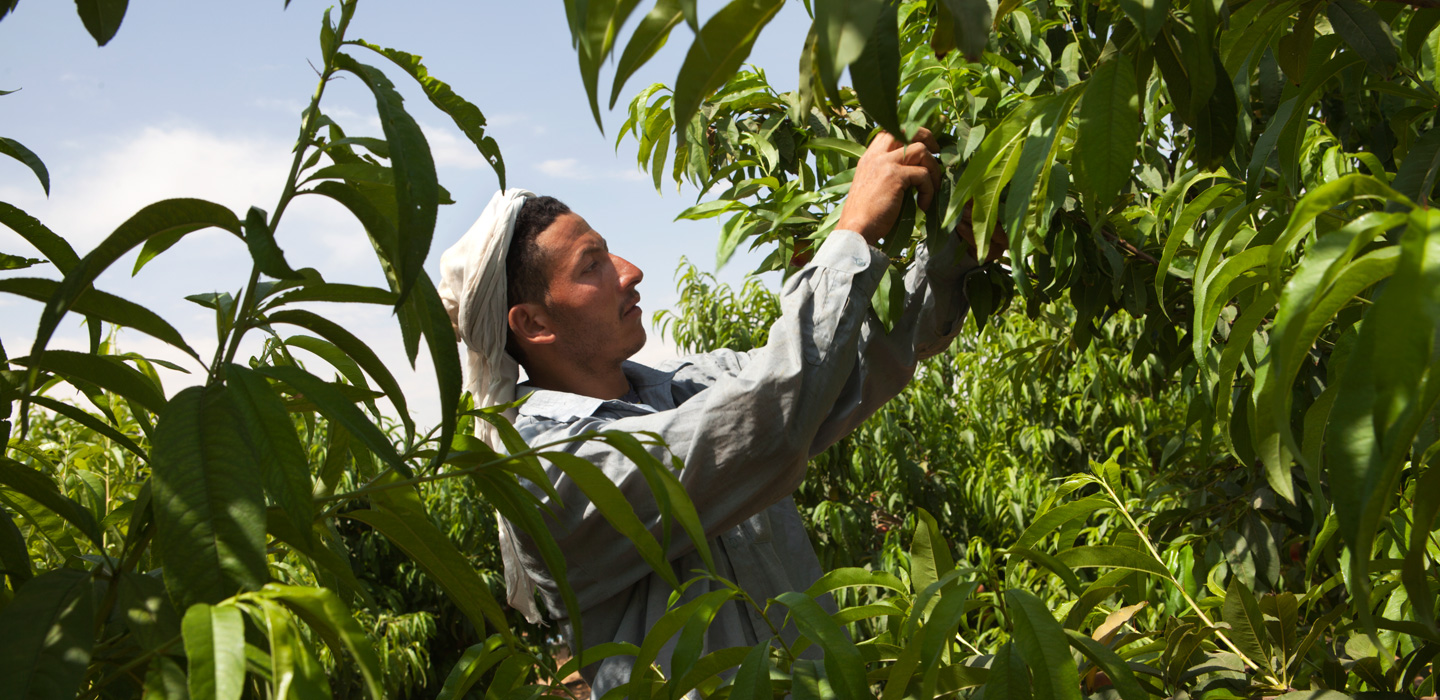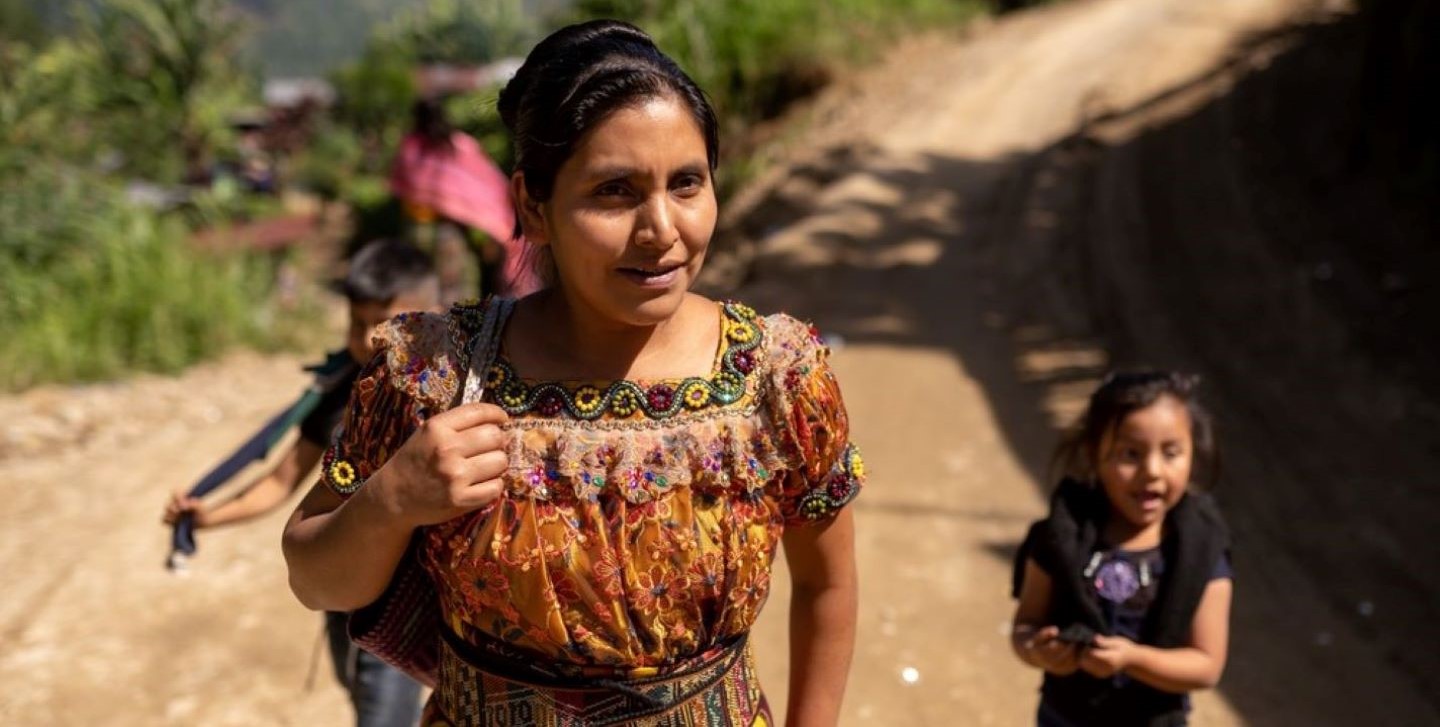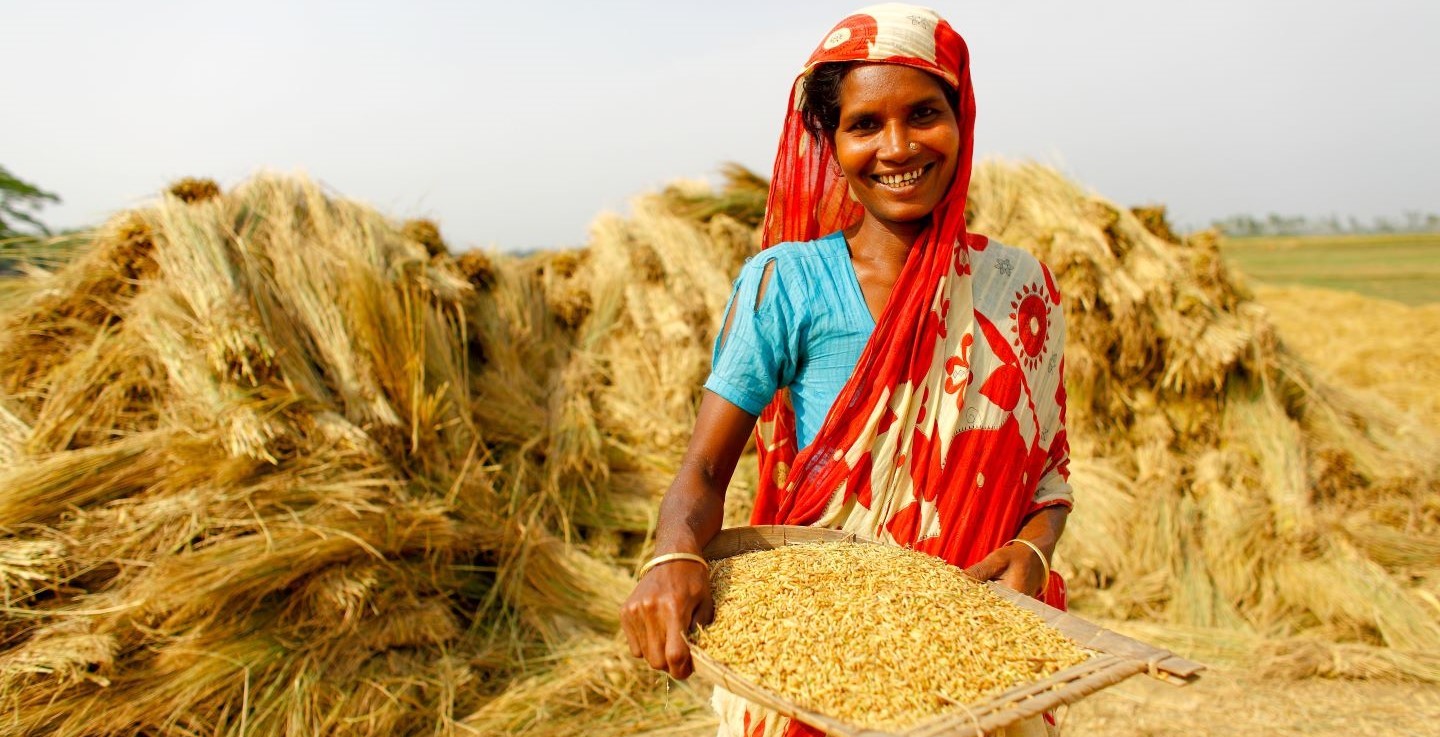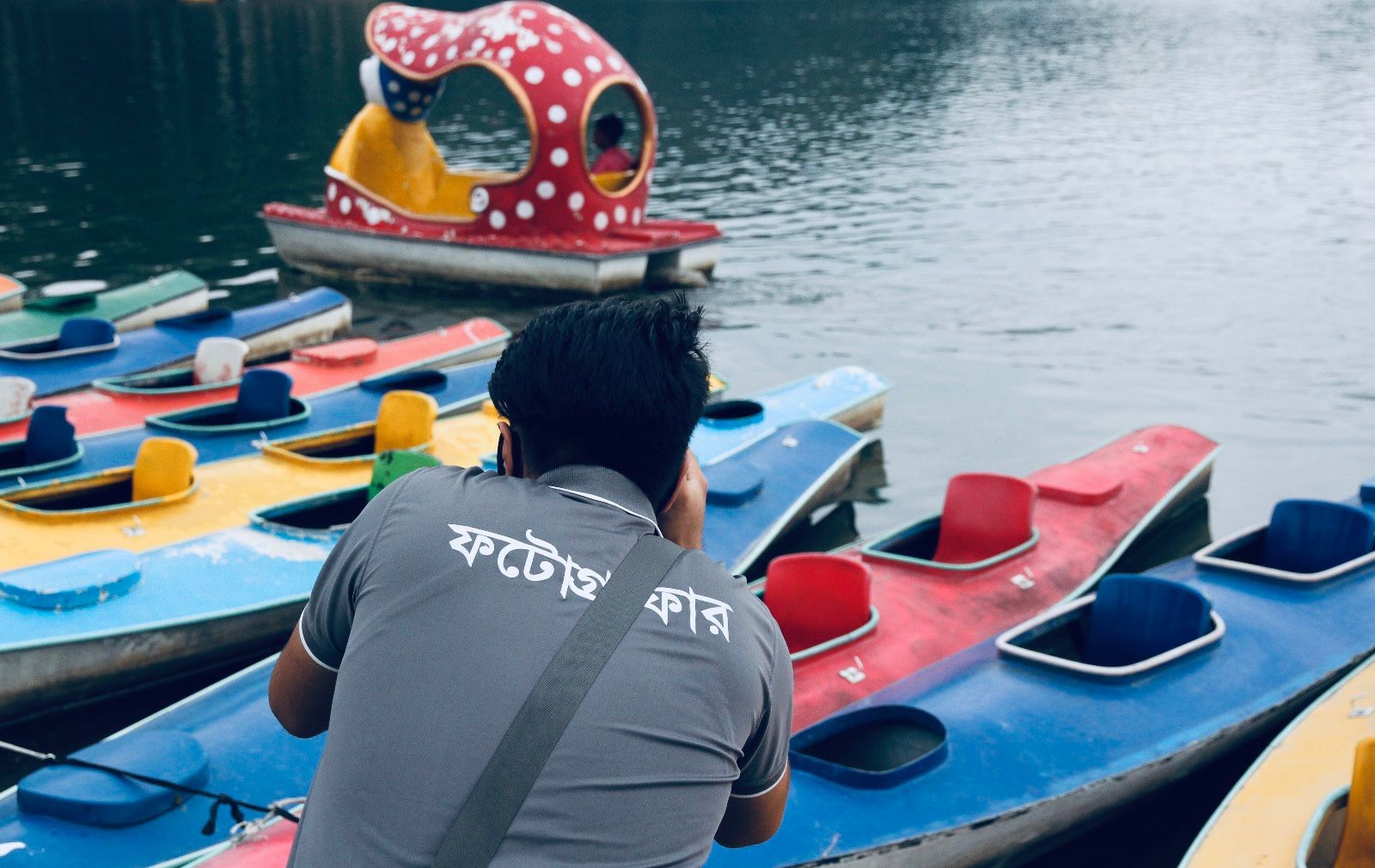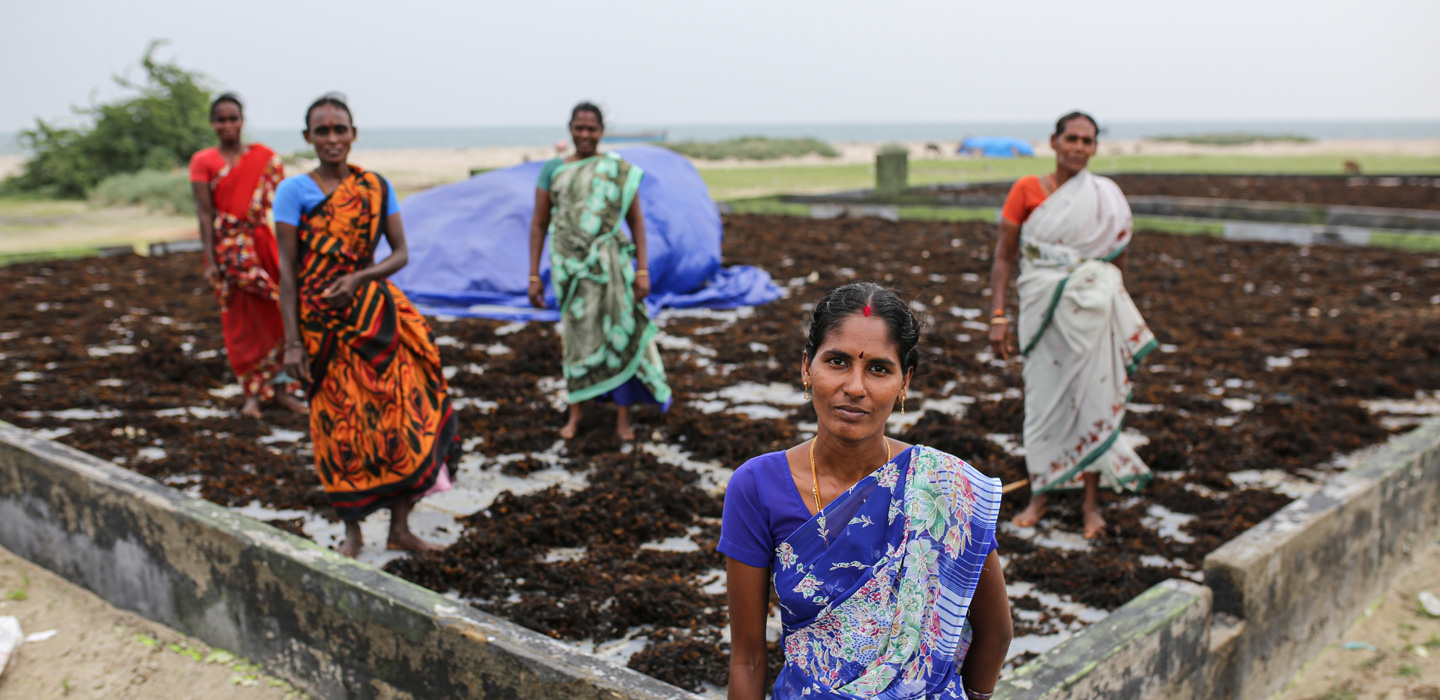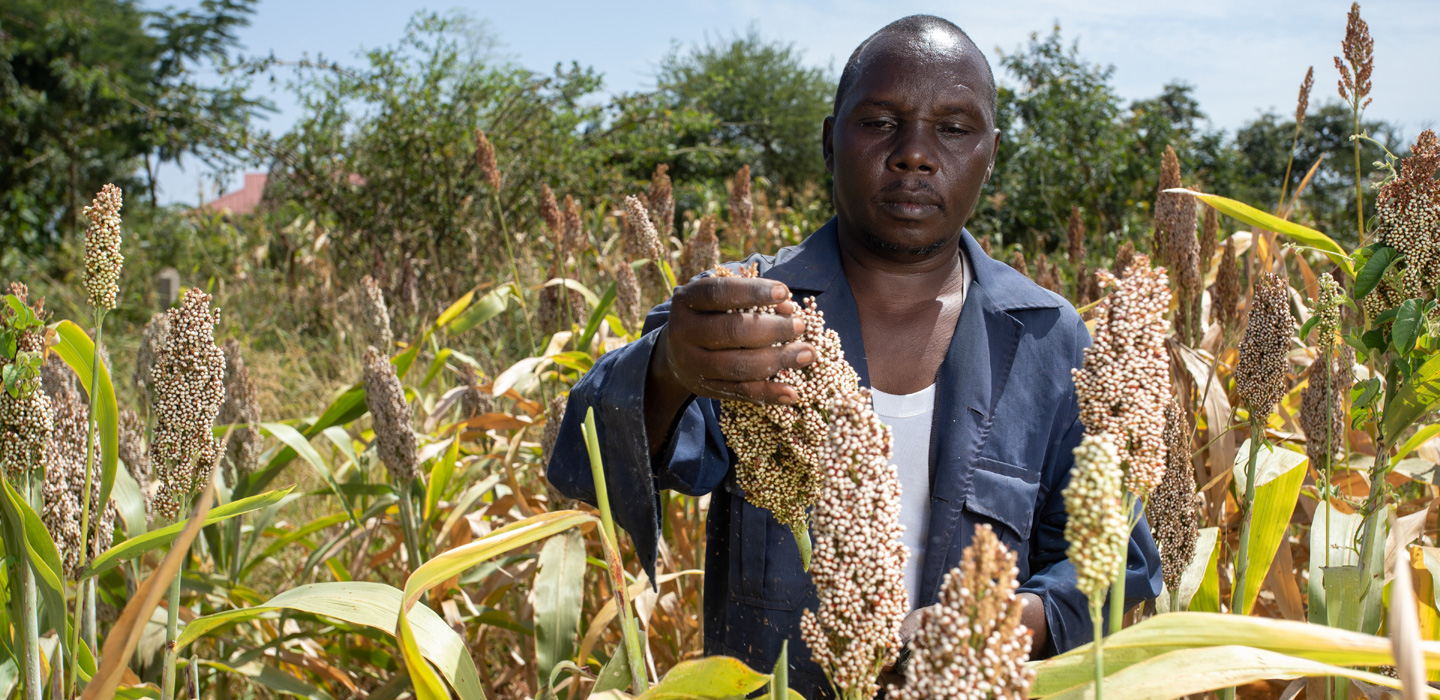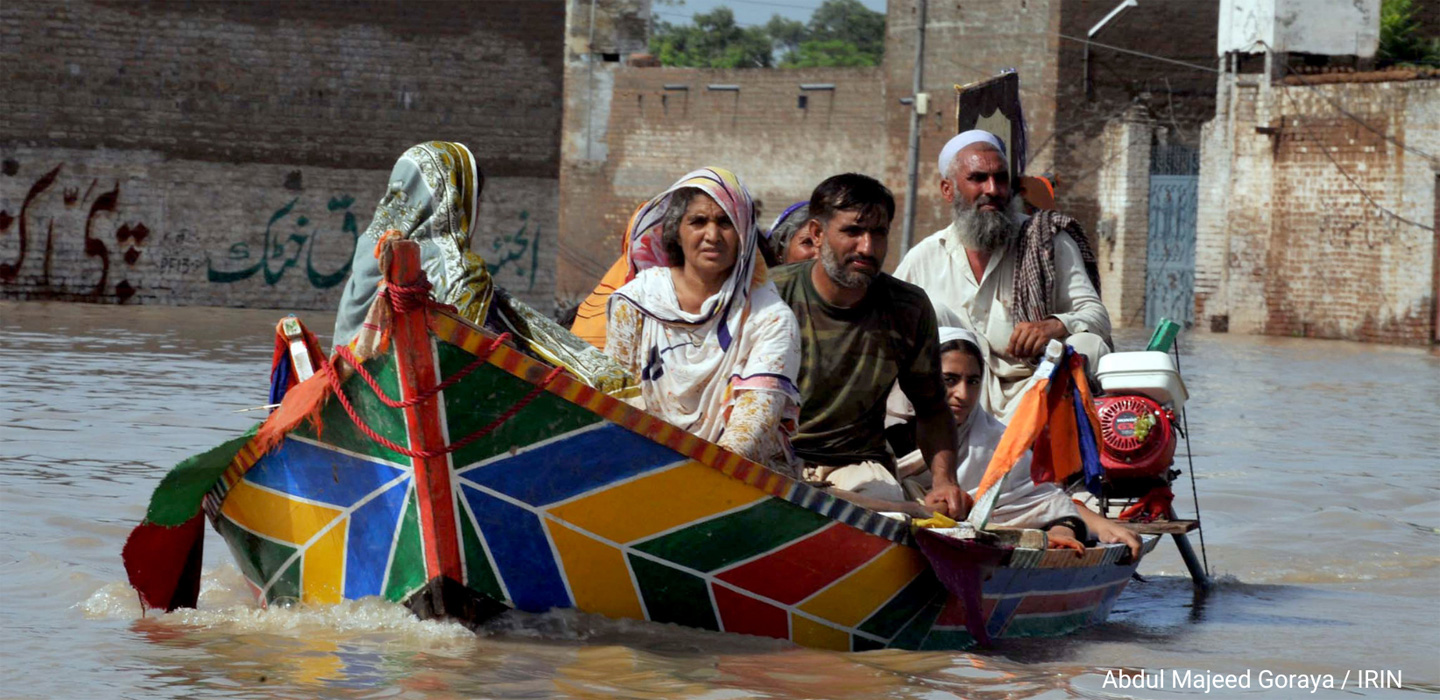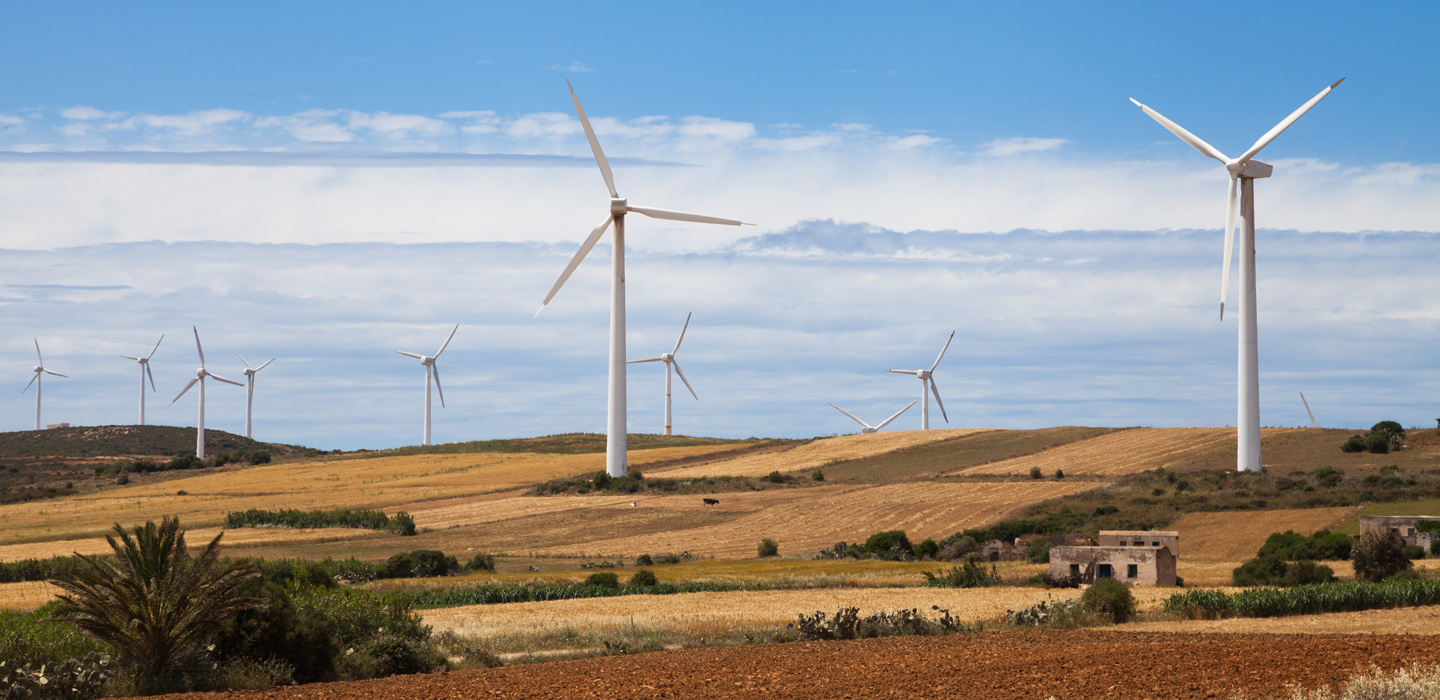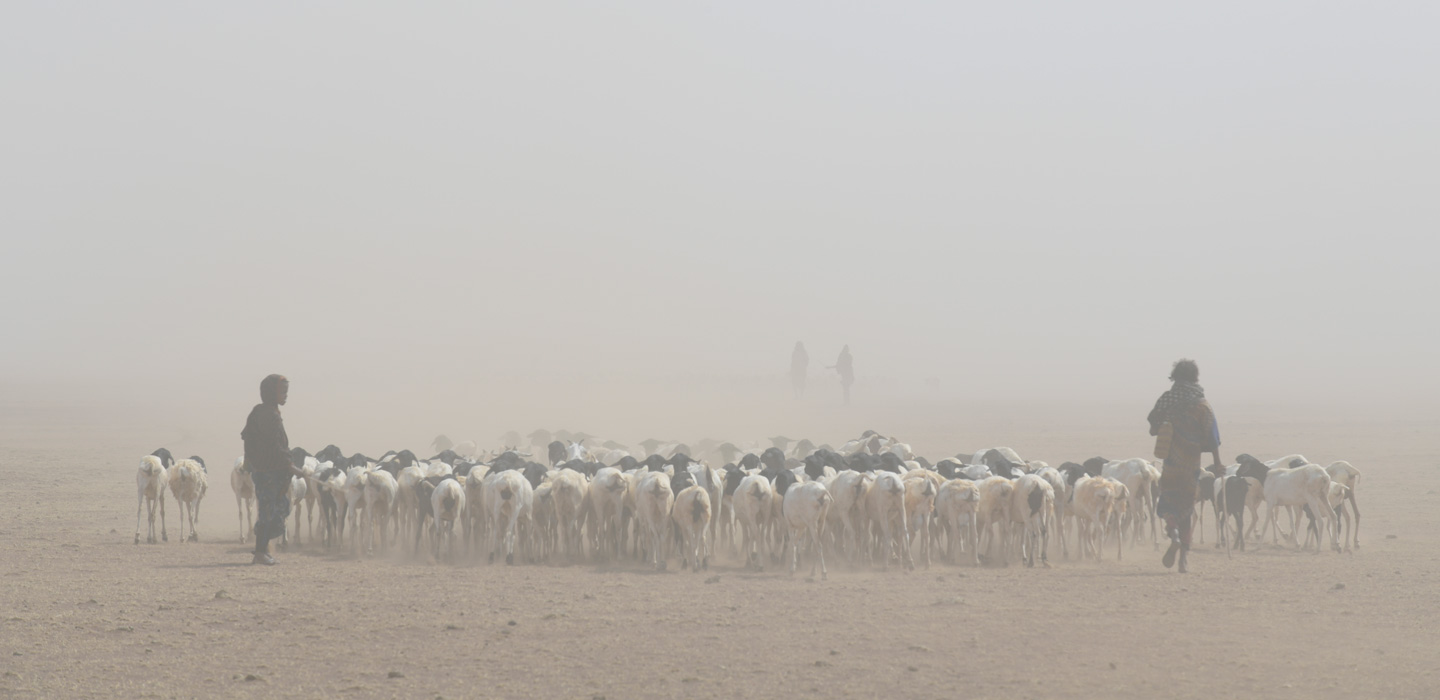Latest
Latest

Latest
Manual Submenu Topics
Search Results Filters
Search Results
Norway pledges an additional US$9.5 million to climate adaptation for small-scale farmers
As part of a commitment to triple its support to climate adaptation by 2026, Norway has pledged an additional NOK 100 million (approximately US$9.5 million) contribution of urgently needed climate finance to IFAD today.
Four ways small-scale fishers can help us weather the climate storm
Climate change and environmental degradation are posing an unprecedented threat to the world. Find out how small-scale fishers are weathering the storm – and becoming part of the solution.
Placing small-scale farmers and rural populations at the heart of climate discussions - IFAD at COP 27
To ensure small-scale farmers and rural populations from developing countries receive the attention and funding they urgently need, IFAD is organising, and will be active in, over twenty events at COP27 to highlight the challenges and solutions that small-scale farmers need to feed a growing population while adapting to the escalating impacts of climate change.
At COP27, we need big wins for a greener future, says IFAD President
Ahead of this year’s COP, President Lario shares three big wins for the planet that can mitigate climate change and help the world’s poorest rural people adapt to its inevitable impacts.
Adapt or starve – UN Agricultural Fund calls for urgent climate finance for small-scale farmers
With the negative impacts of climate change becoming more frequent and severe, IFAD is calling for urgent and increased financing to support hundreds of millions of small-scale farmers adapt to climate change.
Seeing the bigger picture: 6 ways IFAD uses GIS to optimize climate investment
Discover how IFAD uses Geographic Information Systems to better understand where and how climate change is affecting smallholder farming, and what is needed to mitigate its effects.
Climate Change in Africa, what’s really happening? – Episode 37
COP27 is upon us – join us for an African perspective on what to expect from this year’s UN climate change conference in Egypt.
A tale of two towns in Tajikistan
In Tajikistan two neighbouring towns face different fates as one suffers the aftermath of drought and displacement and the other is saved by irrigation.
Five ways IFAD is helping to reduce rural poverty in an age of climate change
Even when a world without poverty seems out of reach, here’s how IFAD continues to work in developing countries, amplifying the voices of rural people and integrating them into value chains, so they can earn and save, while feeding the world and conserving the natural environment.
Rural women lead the way
There is no solution to climate change without rural women. It’s time to invest in them. It’s time to let them lead the way.
With the world in firefighting mode, we cannot forget about rural women
As the world faces a myriad of crises, experts fear that the progress rural women and girls have worked so hard for may be reversed. Here is how IFAD is working to prevent this.
Water brings life to rural people
Irrigation brings water to the world's poorest rural people in the right quantities and when they need it, helping farmers adapt to climate pattern shifts.
What I’ve learned about resilience from rural communities in Guatemala
Faced with the impacts of climate change, small-scale producers in Guatemala urgently need to manage risk using tools like insurance. Read how INSURED promotes the use of agricultural insurance to build resilience and strengthen livelihoods.
Tackling food loss for sustainable food systems
Reducing food losses makes food systems more sustainable. Although the exact causes are different for every crop and in every country, there are plenty of avenues to prevent, detect, and reverse these losses.
The perfect weekend away in rural Bangladesh
Discover hidden gems in rural Bangladesh with two IFAD colleagues as they visit a community-led eco-tourism project that has transformed the area.
Fighting Climate Change in South Asia – Episode 36
From chefs in India to fisheries in Maldives, we examine how the relationship between agriculture and climate change is affecting South Asia. We also reflect on 75 years of independence in India and Pakistan and learn about IFAD’s work in Bhutan and Maldives, and so much more in this bumper episode.
Hungry caterpillars threaten Kenya's crops. Can plants provide a natural pest control solution?
Kenyan farmers and their crops face a tiny but destructive threat: the fall armyworm. With climate change causing more infestations, push-pull technologies are a sustainable and affordable way of naturally controlling pest numbers. Find out how this simple but effective technology works.
“This is unprecedented”: IFAD’s Country Director in Pakistan reacts to the floods
Following months of incessant rain, nearly one third of Pakistan is underwater. Millions of people are affected, thousands have died, and agriculture is at risk. IFAD’s Country Director in Pakistan reflects on what is happening on the ground.
Racking up Renewables in Africa - Episode 35
With fossil fuels dwindling and access to energy already scarce in Africa, people are turning to renewable energy. In this month’s podcast, energy specialist, Dan Martin, explains how IFAD incorporates renewable energy into its projects, while a farmer tells us about the reality of renewable energies on the ground.
East Africa is experiencing its worst drought in decades. It’s time to invest in climate adaptation
East Africa is experiencing one of the worst droughts in decades, with millions facing food insecurity as crops fail, livestock die and water sources dry up. Read how IFAD is building resilience to climate change and what else needs to be done.
